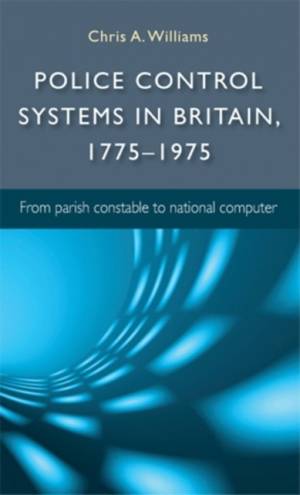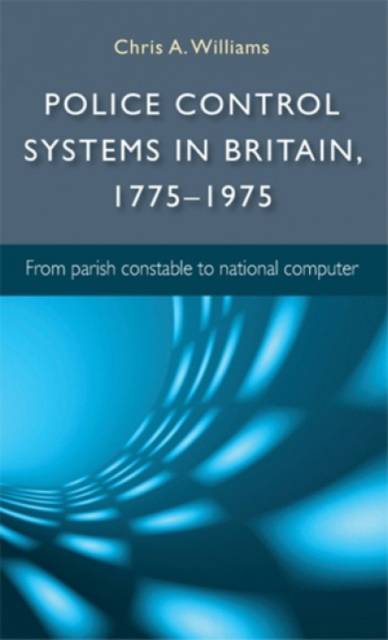
- Retrait gratuit dans votre magasin Club
- 7.000.000 titres dans notre catalogue
- Payer en toute sécurité
- Toujours un magasin près de chez vous
- Retrait gratuit dans votre magasin Club
- 7.000.000 titres dans notre catalogue
- Payer en toute sécurité
- Toujours un magasin près de chez vous
Police Control Systems in Britain, 1775-1975
From Parish Constable to National Computer
Chris A Williams
Livre relié | Anglais
209,45 €
+ 418 points
Description
During the last two centuries, the job of policing in Britain has been transformed several times. This book analyses the ways that police institutions have controlled the individual constable on the 'front line'. The eighteenth-century constable was an independent artisan: his successor in the Metropolitan Police and other 'new' forces was ferociously disciplined and closely monitored. Police have been controlled by a variety of different practices, ranging from direct day-to-day input from 'the community', through bureaucratic systems built around exacting codes of rules, to the real-time control of officers via radio, and latterly the use of centralised computer systems to deliver key information.
Police forces became pioneers in the adoption of many technologies - including telegraphs, telephones, office equipment, radio and computers - and this book explains why and how this happened, considering the role of national security in the adoption of many of these innovations. It will be of use to a range of disciplines, including history, criminology, and science and technology studies.Spécifications
Parties prenantes
- Auteur(s) :
- Editeur:
Contenu
- Nombre de pages :
- 256
- Langue:
- Anglais
Caractéristiques
- EAN:
- 9780719084294
- Date de parution :
- 28-02-14
- Format:
- Livre relié
- Format numérique:
- Genaaid
- Dimensions :
- 145 mm x 218 mm
- Poids :
- 430 g







